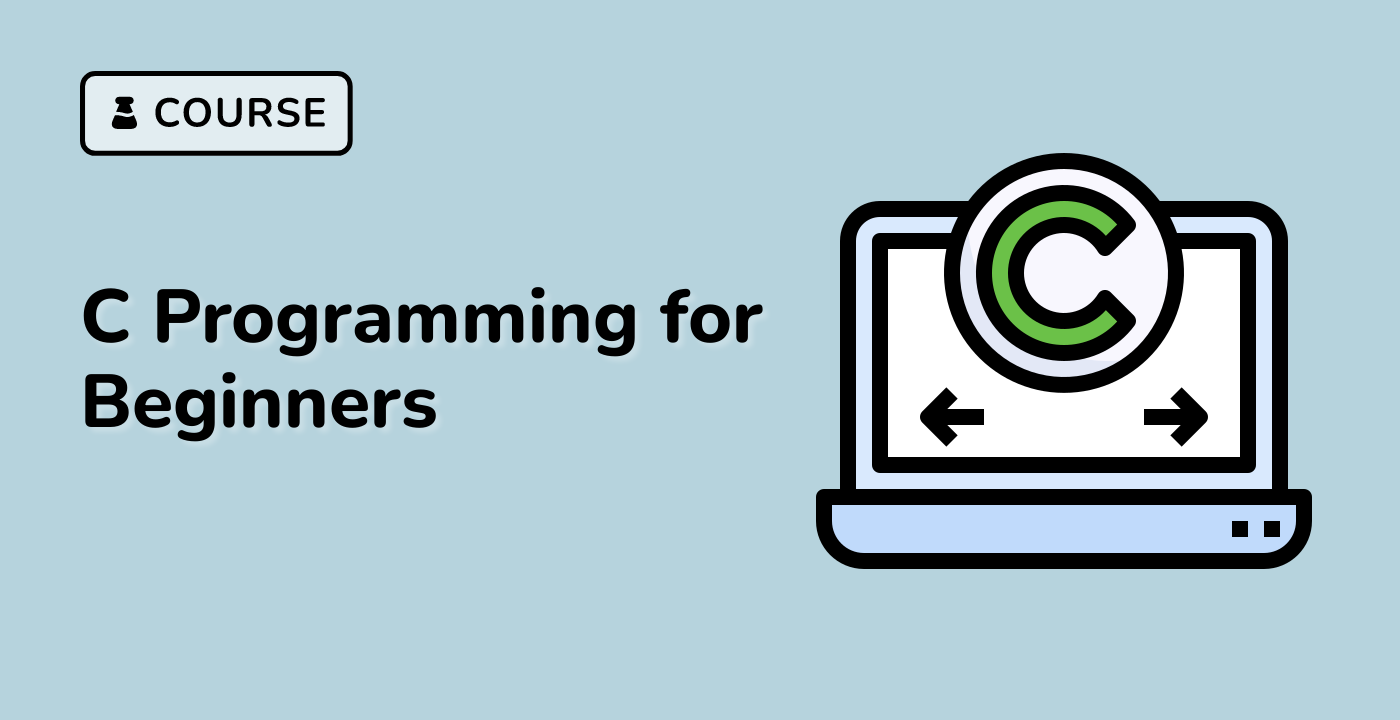Error Detection Methods
Overview of C Language Errors
At LabEx, understanding error detection is crucial for writing robust C programs. Errors in C can be categorized into different types, each requiring specific detection techniques.
Types of C Language Errors
graph TD
A[C Language Errors] --> B[Compile-Time Errors]
A --> C[Runtime Errors]
A --> D[Logical Errors]
B --> E[Syntax Errors]
B --> F[Type Errors]
C --> G[Segmentation Fault]
C --> H[Memory Leaks]
D --> I[Incorrect Logic]
D --> J[Unexpected Results]
1. Compile-Time Error Detection
Syntax Errors
| Error Type |
Description |
Example |
| Missing Semicolon |
Forgetting ; at line end |
int x = 5 |
| Mismatched Brackets |
Incorrect block definition |
{ ... |
| Undeclared Variables |
Using variables before declaration |
printf(y); |
Compilation Techniques
## Compile with warnings
gcc -Wall -Wextra program.c
## Detailed error reporting
gcc -pedantic program.c
2. Runtime Error Detection
## Using GDB for runtime error analysis
gdb ./program
## Valgrind for memory error detection
valgrind ./program
3. Common Error Identification Strategies
Segmentation Fault Detection
#include <stdio.h>
int main() {
int *ptr = NULL;
*ptr = 10; // Potential segmentation fault
return 0;
}
Memory Leak Checking
#include <stdlib.h>
void memory_leak_example() {
int *array = malloc(sizeof(int) * 10);
// Missing free(array) causes memory leak
}
Advanced Error Detection Techniques
Static Code Analysis
## Using cppcheck for static analysis
cppcheck program.c
Defensive Programming Practices
- Always initialize variables
- Check pointer validity
- Use bounds checking
- Implement error handling mechanisms
Error Logging and Reporting
#include <errno.h>
#include <string.h>
void error_handling() {
if (some_condition_fails) {
fprintf(stderr, "Error: %s\n", strerror(errno));
}
}
Best Practices at LabEx
- Use compiler warnings
- Implement comprehensive error checking
- Utilize debugging tools
- Write defensive code
- Perform regular code reviews
By mastering these error detection methods, you'll significantly improve your C programming skills and code reliability.




